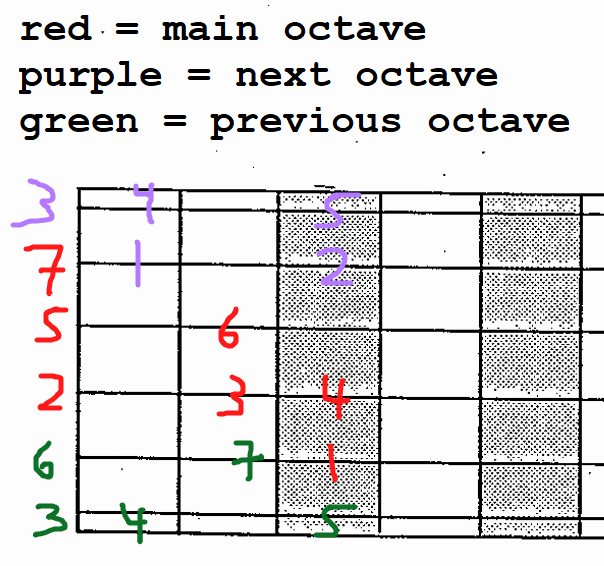Songwriting
Part 1 – Introduction
Essential Skills for Songwriting
—
Basic Music Theory for Songwriting:
Understanding the fundamentals of music theory is crucial for effective songwriting. This includes knowledge of scales, chords, keys, and chord progressions, which form the foundation of your songwriting toolkit.
Melody Crafting:
Creating memorable and engaging melodies is essential for captivating your audience. This involves experimenting with rhythms, intervals, and note choices.
Chord Progressions:
Exploring different chord progressions allows you to create unique and interesting harmonic structures. This can involve experimenting with both diatonic and non-diatonic chords for variety.
Song Structure:
Understanding common song structures, such as verse-chorus-bridge and AABA, helps in organizing your ideas into cohesive songs.
Hooks and Catchiness:
Learning how to create hooks—memorable phrases or melodies that grab listeners’ attention—is crucial in defining your song’s identity.
Rhythm and Groove:
Developing a sense of rhythm and groove gives your songs a compelling feel. This includes experimenting with different strumming patterns, tempos, and time signatures.
Arrangement and Dynamics:
Arranging your song’s sections for maximum impact and understanding dynamics (loudness and softness) add depth to your compositions.
Instrumentation:
Exploring the use of different instruments and textures enhances your songwriting. This includes layering guitars, adding percussion, or incorporating other instruments.
Editing and Refining:
The art of self-editing is essential. This involves critically assessing your songs, eliminating unnecessary elements, and refining your lyrics, melodies, and arrangements.
Feedback and Collaboration:
Seeking feedback from others and collaborating with fellow musicians can lead to fresh ideas and improvements.
Inspiration and Creativity:
Cultivating your creative process involves exploring different sources of inspiration, such as personal experiences, emotions, stories, and more.
Listening and Analysis:
Studying songs from various genres helps understand songwriting techniques used by different artists. This includes analyzing what makes their songs effective.
Recording Techniques:
Familiarizing yourself with basic recording techniques, even if it’s just recording on your smartphone, helps you capture your ideas for later development.
Practice and Exploration:
Regularly practicing songwriting and not being afraid to experiment with new styles, themes, and structures pushes your creative boundaries.
By integrating these skills into your songwriting journey, you’ll not only refine your craft but also discover your unique musical voice. Remember, the most important aspect of songwriting is to enjoy the process and let your creativity flow. Happy songwriting!

